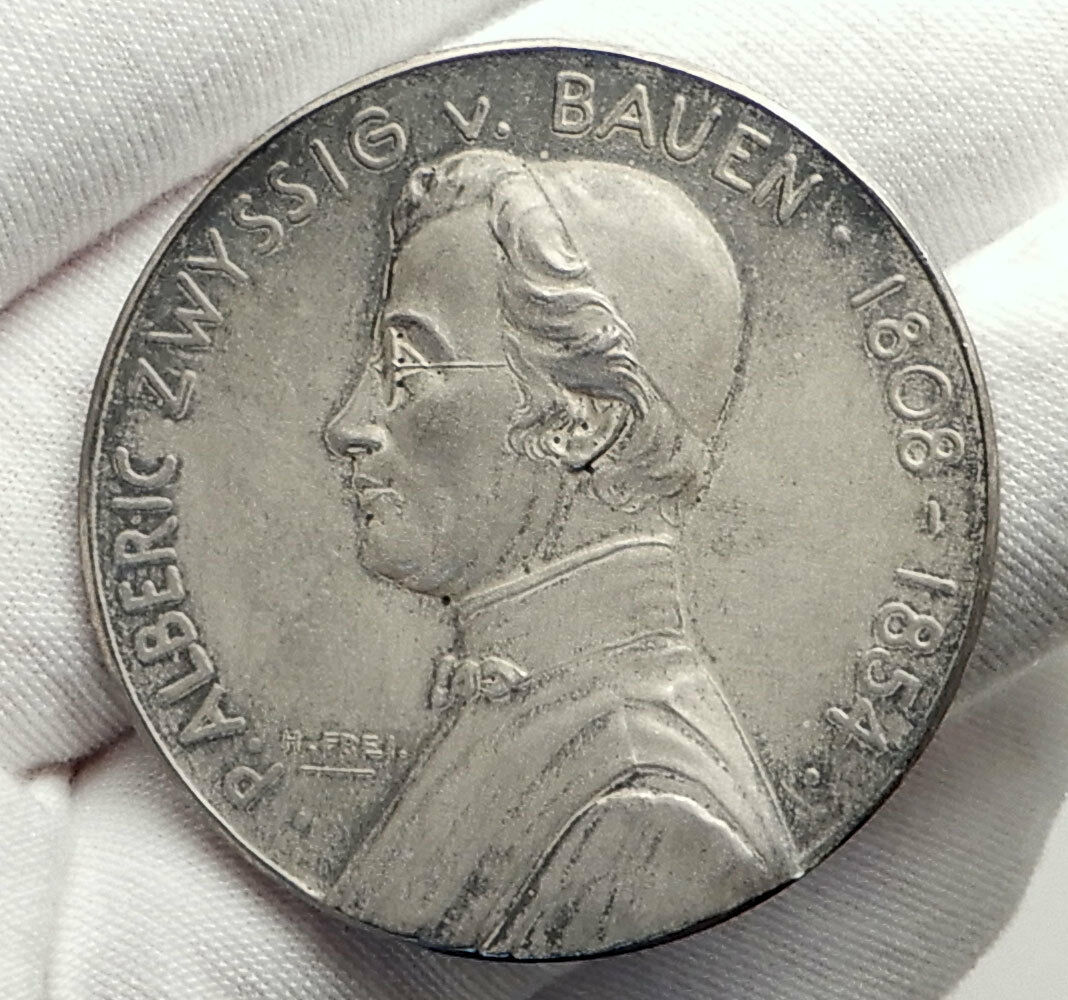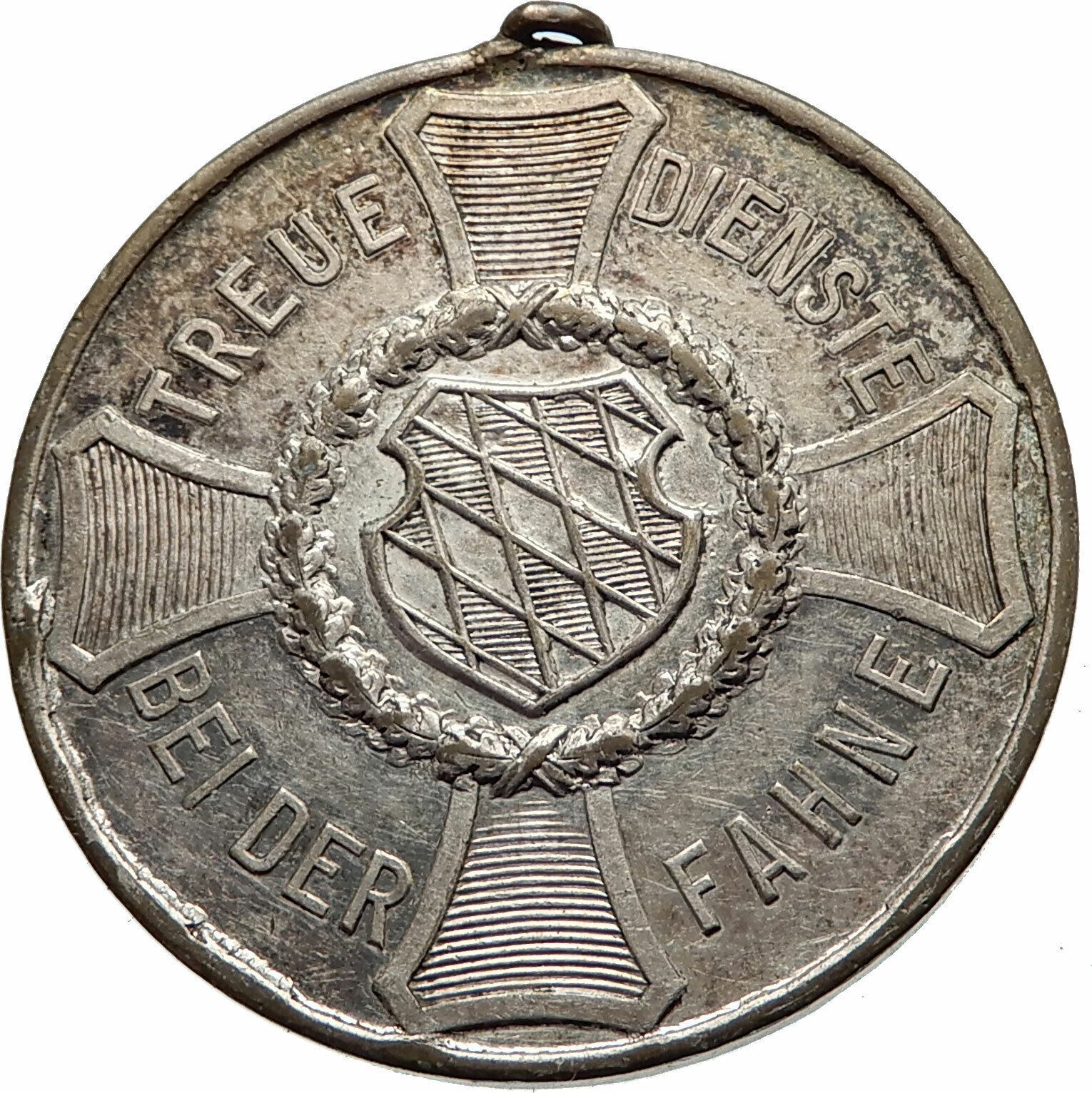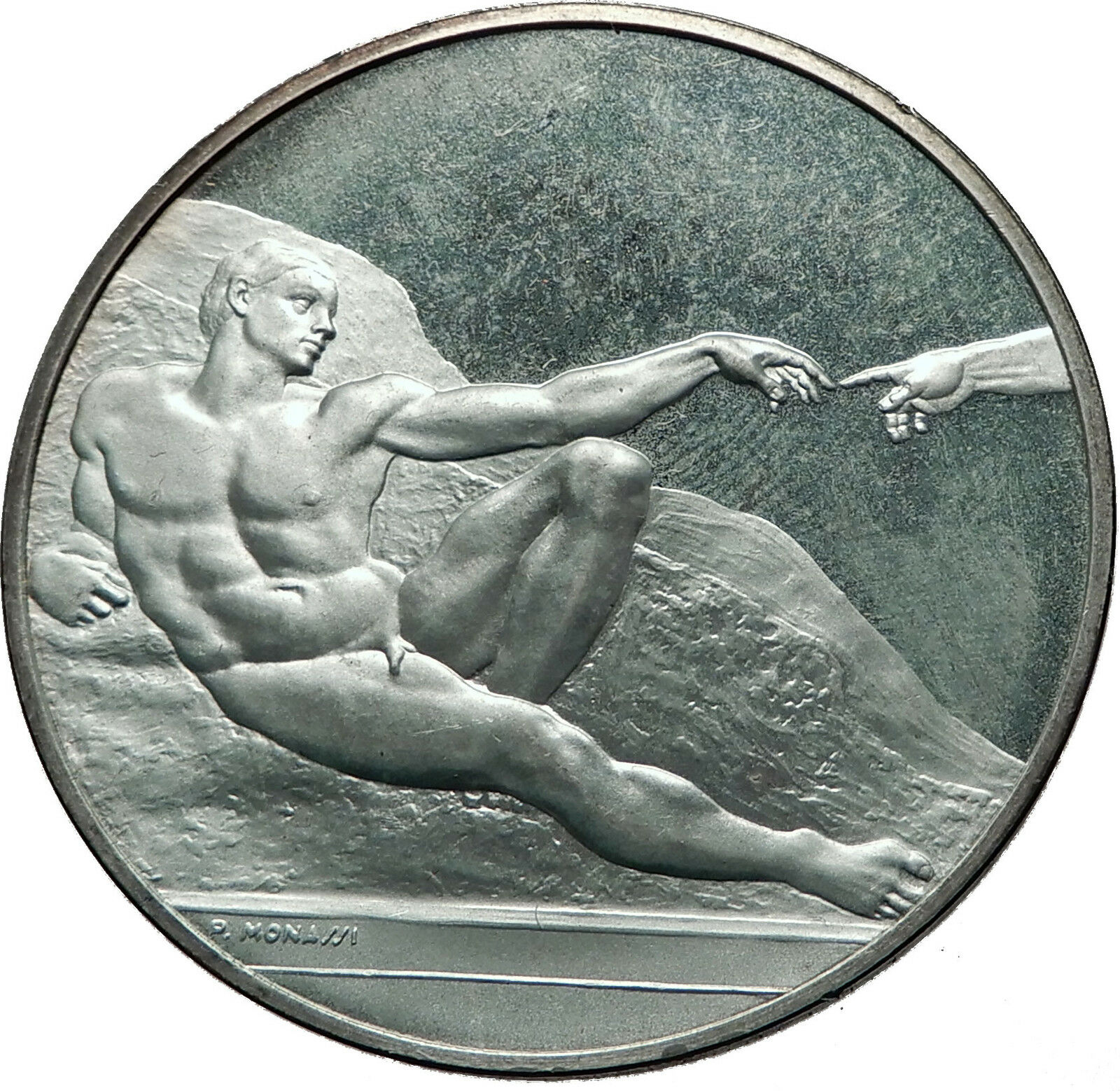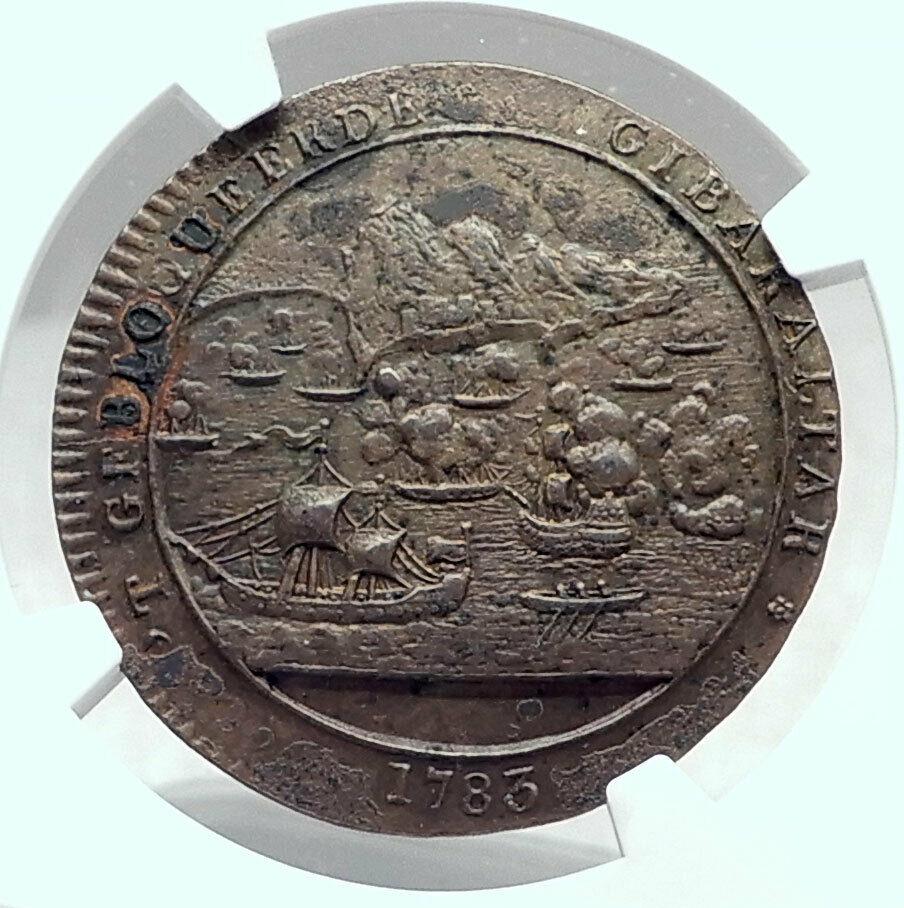|
Great Britain (United Kingdom)
Naval Long Service and Good Conduct Medal (Established 1848)
1920’s Silver Ribbon Medal 36mm (36.12 grams)
Reference: George V – Version 2
GEORGIVS V BRITT: OMN: REX ET IND: IMP:, George facing left.
FOR LONG SERVICE AND GOOD CONDUCT, Naval ship sailing right.
You are bidding on the exact item pictured, provided with a Certificate of Authenticity and Lifetime Guarantee of Authenticity.
The Naval Long Service and Good Conduct Medal (1848) is a long service medal awarded to regular members of Her Majesty’s Naval Service. It was instituted by Queen Victoria to replace the Naval Long Service and Good Conduct Medal (1830), and could be awarded to other ranks and men serving in the Royal Navy and Royal Marines. 2] Since 2016, after a number of changes in eligibility, all regular members of the Royal Navy and Royal Marines (ratings, marines and officers) who have completed fifteen years of reckonable service can be awarded the medal.
King George V succeeded to the throne on 6 May 1910. Two versions of obverse were awarded during his reign, both with raised rims. The first version shows the King in Admiral’s uniform, facing left and inscribed “GEORGIVS V BRITT: OMN: REX ET IND: IMP:” around the perimeter.
The second version with the coinage effigy appeared in the 1920s and shows the King bareheaded and facing left. The inscription around the perimeter on this version of the medal is the same as on the first. The initials “BM” on the truncation of the King’s neck are those of the designer of the obverse, Bertram Mackennal, an Australian sculptor.
Both versions have non-swiveling bar suspensions, attached to the medal with a single-toe claw and a horizontal pin through the upper edge of the medal, with double scroll claw supports on the medal rim.
.jpg/220px-King_George_1923_LCCN2014715558_(cropped).jpg) George V (George Frederick Ernest Albert; 3 June 1865 – 20 January 1936) was King of the United Kingdom and the British Dominions, and Emperor of India, from 6 May 1910 until his death in 1936. George V (George Frederick Ernest Albert; 3 June 1865 – 20 January 1936) was King of the United Kingdom and the British Dominions, and Emperor of India, from 6 May 1910 until his death in 1936.
Born during the reign of his grandmother Queen Victoria, George was the second son of Albert Edward, Prince of Wales, and was third in the line of succession to the British throne behind his father and elder brother, Prince Albert Victor. From 1877 to 1892, George served in the Royal Navy, until the unexpected death of his elder brother in early 1892 put him directly in line for the throne. On Victoria’s death in 1901, George’s father ascended the throne as Edward VII, and George was created Prince of Wales. He became king-emperor on his father’s death in 1910.
George’s reign saw the rise of socialism, communism, fascism, Irish republicanism, and the Indian independence movement, all of which radically changed the political landscape of the British Empire. The Parliament Act 1911 established the supremacy of the elected British House of Commons over the unelected House of Lords. As a result of the First World War (1914–1918), the empires of his first cousins Nicholas II of Russia and Wilhelm II of Germany fell, while the British Empire expanded to its greatest effective extent. In 1917, he became the first monarch of the House of Windsor, which he renamed from the House of Saxe-Coburg and Gotha as a result of anti-German public sentiment. In 1924, George appointed the first Labour ministry and the 1931 Statute of Westminster recognised the Empire’s dominions as separate, independent states within the British Commonwealth of Nations.
He suffered from smoking-related health problems throughout much of his later reign, and at his death was succeeded by his eldest son, Edward VIII.
 The United Kingdom of Great Britain and Northern Ireland, commonly known as the United Kingdom (UK) or Britain, is a sovereign country in north-western Europe, off the north-western coast of the European mainland. The United Kingdom includes the island of Great Britain, the north-eastern part of the island of Ireland, and many smaller islands within the British Isles. Northern Ireland shares a land border with the Republic of Ireland. Otherwise, the United Kingdom is surrounded by the Atlantic Ocean, with the North Sea to the east, the English Channel to the south and the Celtic Sea to the south-west, giving it the 12th-longest coastline in the world. The Irish Sea separates Great Britain and Ireland. The total area of the United Kingdom is 93,628 square miles (242,500 km2), with an estimated population in 2020 of over 67 million. The United Kingdom of Great Britain and Northern Ireland, commonly known as the United Kingdom (UK) or Britain, is a sovereign country in north-western Europe, off the north-western coast of the European mainland. The United Kingdom includes the island of Great Britain, the north-eastern part of the island of Ireland, and many smaller islands within the British Isles. Northern Ireland shares a land border with the Republic of Ireland. Otherwise, the United Kingdom is surrounded by the Atlantic Ocean, with the North Sea to the east, the English Channel to the south and the Celtic Sea to the south-west, giving it the 12th-longest coastline in the world. The Irish Sea separates Great Britain and Ireland. The total area of the United Kingdom is 93,628 square miles (242,500 km2), with an estimated population in 2020 of over 67 million.
The United Kingdom is a unitary parliamentary democracy and constitutional monarchy. ] The monarch, Queen Elizabeth II, has reigned since 1952. The capital and largest city is London, a global city and financial centre with a metropolitan area population of 14 million. Other major cities include Birmingham, Manchester, Glasgow, Liverpool and Leeds. The United Kingdom consists of four countries: England, Scotland, Wales and Northern Ireland. Other than England, the constituent countries have their own devolved governments, each with varying powers.
The United Kingdom has evolved from a series of annexations, unions and separations of constituent countries over several hundred years. The Treaty of Union between the Kingdom of England (which included Wales, annexed in 1542) and the Kingdom of Scotland in 1707 formed the Kingdom of Great Britain. Its union in 1801 with the Kingdom of Ireland created the United Kingdom of Great Britain and Ireland. Most of Ireland seceded from the UK in 1922, leaving the present United Kingdom of Great Britain and Northern Ireland, which formally adopted that name in 1927.
The nearby Isle of Man, Guernsey and Jersey are not part of the UK, being Crown Dependencies with the British Government responsible for defence and international representation. There are also 14 British Overseas Territories, the last remnants of the British Empire which, at its height in the 1920s, encompassed almost a quarter of the world’s landmass and a third of the world’s population, and was the largest empire in history. British influence can be observed in the language, culture and the legal and political systems of many of its former colonies.
The United Kingdom has the world’s fifth-largest economy by nominal gross domestic product (GDP), and the tenth-largest by purchasing power parity (PPP). It has a high-income economy and a very high human development index rating, ranking 13th in the world. The UK became the world’s first industrialised country and was the world’s foremost power during the 19th and early 20th centuries. Today the UK remains one of the world’s great powers, with considerable economic, cultural, military, scientific, technological and political influence internationally. It is a recognised nuclear state and is ranked fourth globally in military expenditure. It has been a permanent member of the United Nations Security Council since its first session in 1946.
The United Kingdom is a member of the Commonwealth of Nations, the Council of Europe, the G7, the Group of Ten, the G20, the United Nations, NATO, AUKUS, the Organisation for Economic Co-operation and Development (OECD), Interpol, and the World Trade Organization (WTO). It was a member state of the European Communities (EC) and its successor, the European Union (EU), from its accession in 1973 until its withdrawal in 2020 following a referendum held in 2016.
|





.jpg/220px-King_George_1923_LCCN2014715558_(cropped).jpg) George V (George Frederick Ernest Albert; 3 June 1865 – 20 January 1936) was King of the United Kingdom and the British Dominions, and Emperor of India, from 6 May 1910 until his death in 1936.
George V (George Frederick Ernest Albert; 3 June 1865 – 20 January 1936) was King of the United Kingdom and the British Dominions, and Emperor of India, from 6 May 1910 until his death in 1936. The United Kingdom of Great Britain and Northern Ireland, commonly known as the United Kingdom (UK) or Britain, is a sovereign country in north-western Europe, off the north-western coast of the European mainland. The United Kingdom includes the island of Great Britain, the north-eastern part of the island of Ireland, and many smaller islands within the British Isles. Northern Ireland shares a land border with the Republic of Ireland. Otherwise, the United Kingdom is surrounded by the Atlantic Ocean, with the North Sea to the east, the English Channel to the south and the Celtic Sea to the south-west, giving it the 12th-longest coastline in the world. The Irish Sea separates Great Britain and Ireland. The total area of the United Kingdom is 93,628 square miles (242,500 km2), with an estimated population in 2020 of over 67 million.
The United Kingdom of Great Britain and Northern Ireland, commonly known as the United Kingdom (UK) or Britain, is a sovereign country in north-western Europe, off the north-western coast of the European mainland. The United Kingdom includes the island of Great Britain, the north-eastern part of the island of Ireland, and many smaller islands within the British Isles. Northern Ireland shares a land border with the Republic of Ireland. Otherwise, the United Kingdom is surrounded by the Atlantic Ocean, with the North Sea to the east, the English Channel to the south and the Celtic Sea to the south-west, giving it the 12th-longest coastline in the world. The Irish Sea separates Great Britain and Ireland. The total area of the United Kingdom is 93,628 square miles (242,500 km2), with an estimated population in 2020 of over 67 million. 




